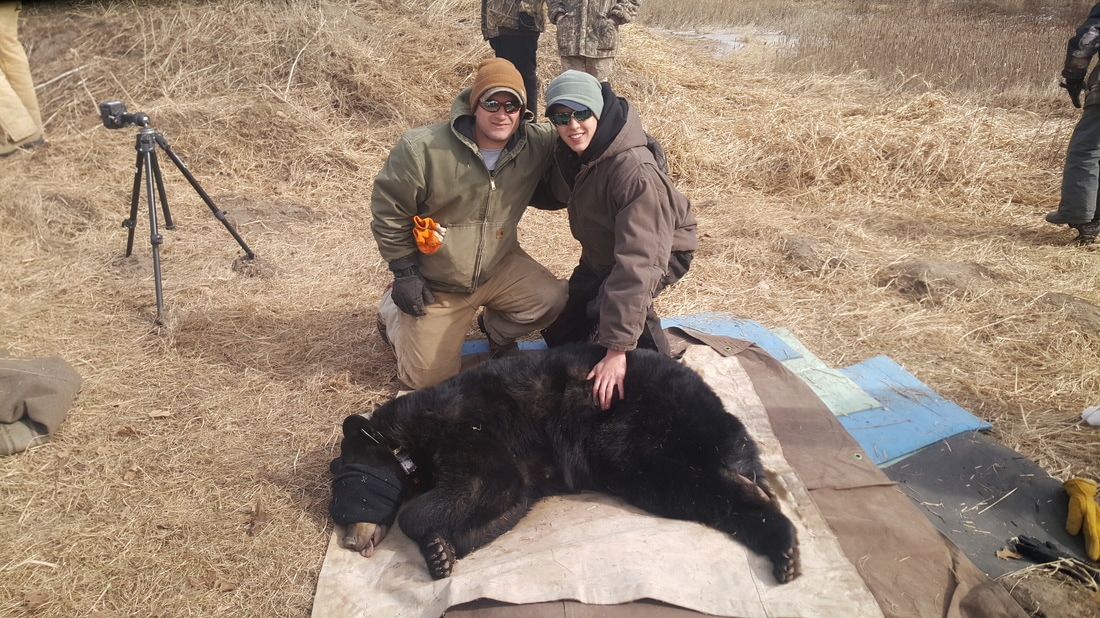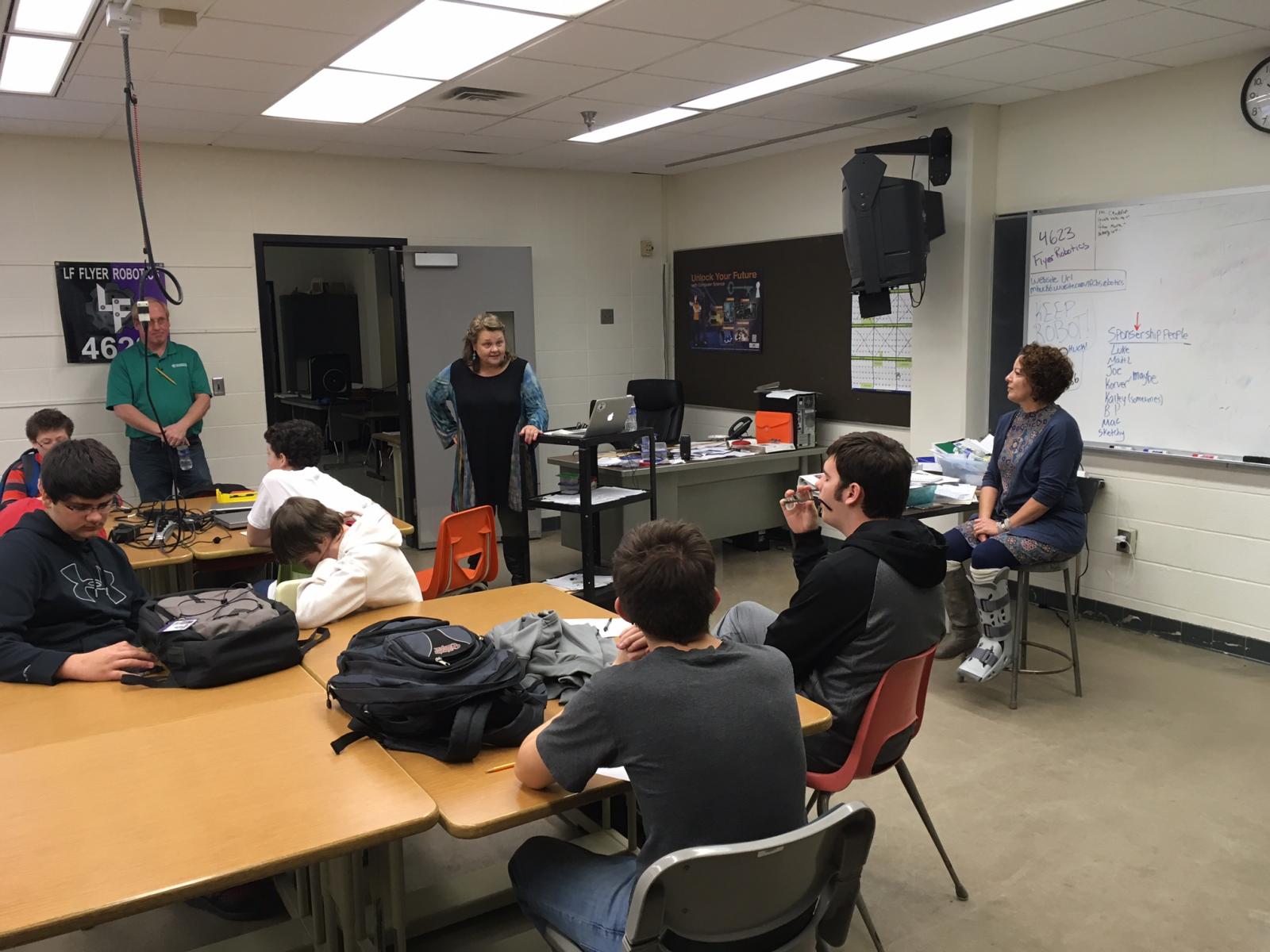Career advisors help equip students for future success
20 Nov 2017
Choosing a career path is a monumental decision. It can help shape the course of one’s life. But many high school students lack the information, self-awareness and maturity required to make a good choice.
Less than half of American high school students feel as if they’re prepared for college or careers, according to a multi-year College and Career Readiness survey. High schools are the sensible place to start addressing this problem. But schools often lack the resources. Rural districts, in particular, struggle to offer adequate career counseling services.

That’s why the Rural Minnesota Concentrated Employment Program (RMCEP) started a program to improve career and college readiness among high school students in 2006.
RMCEP’s Career Advising Program works in partnership with schools to offer students the information and resources they need to make the best decisions about a path to employment post graduation.
By 2018, about 70 percent of jobs in the state will require some form of post-secondary education. Yet, only 40 percent of Minnesotans have completed education or training beyond high school.
Advisors share information about specific career pathways, especially for sectors where employees are in demand, such as manufacturing and healthcare. Students learn the value of continuing education, not just a traditional 4-year degree, but also postsecondary training programs and alternative options.
RMCEP career advisors are embedded within area high schools in Clay, Mahnomen, Wilkin, Crow Wing, Morrison, Todd, Wadena and Cass counties. Through the advising process, students learn in classes as well as more personalized, one-on-one interactions.
As sophomores, they begin to assess their personal interests and explore potential career paths. As juniors, they get more in-depth exposure to various jobs and learn about the skills required to perform particular roles. As seniors, they develop a transition plan from high school to a post secondary career and/or college.
Seniors are expected to fully articulate their career plans in a written document by the time they graduate. Those who choose to continue on to college can get help evaluating schools, understanding costs and applying for financial aid.
Advisors emphasize valuable and practical skills like job searching and networking. Students learn how to create a resume as well as apply for and interview for a job. Internships and other hands-on training activities are encouraged so students can get a real life impression of a job’s demands.
Since it began in 2006, the RMCEP Career Advising Program has served thousands of students and their parents.
Kiley Loven interned at Swanville High School had this to say about her experience:
“Because of my opportunity to do an internship in my school, I know I made the right choice to pursue an elementary/special education major and I am eager for college so I can begin preparing myself for my career as a teacher.”

Michael Hanowski completed a natural resources internship with the DNR, collaring bears to enable tracking. He shared some comments about his experience:
“The last semester with the internship program has been one of the most beneficial and gratifying things I have done throughout all of high school. It has been a blessing to be able to do what I love to do for the first 3 hours of each and every day for a whole semester. The internship program has reassured me how much I love the natural resources and how much I want to be able to preserve those things that I love.
The seminars and the homework assigned to us over the semester has helped me with many things that will be seen in the future of internships and jobs that I will be applying for and I hope that I have gained enough confidence in those fields so that I can be successful. You guys as counselors have helped us immensely with our future plans and showing us that we can do it, and for that I owe you. Thank you for making it the most memorable year of high school.”
More Topics

RMCEP provides college and career advising
Oct 27 2017
Upcoming PACER Workshops
Oct 17 2017

